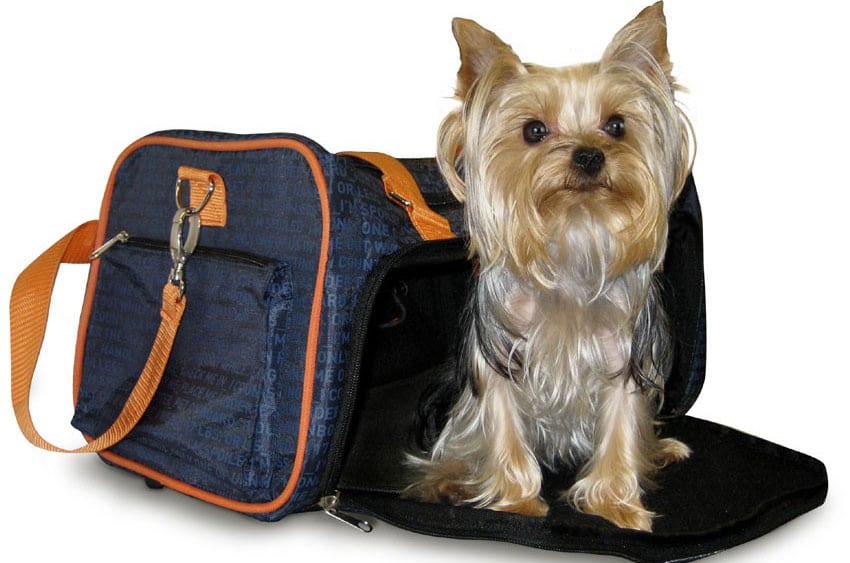Service Dogs on Airplanes to Get More Scrutiny From Department of Transportation

Skift Take
Some flyers are taking advantage of the restrictions placed on airlines by federal disability laws and claiming their pets are emotional support animals so they can avoid in-cabin pet fees and keep their furry friends by their side, disability groups and pet advocates say.
This practice not only flouts federal regulations and cheats the airline out of fees ranging from $75 to $250 for bringing pets into the cabin. It also tarnishes the reputation of real service dogs, critics argue.
Caught in the middle are airlines left with the responsibility of verifying a service dog’s legitimacy or face hefty fines for failing to accommodate passengers with disabilities.
The U.S. Department of Transportation is starting to pay more attention to this touchy issue. In June, the DOT began tracking complaints related to service animals by instituting new codes for emotional support animals (ESAs) and psychiatric support animals (PSAs). These are different from traditional service animals which guide, signal, or communicate for people with disabilities.
The agency has already received a handful of complaints related to passengers not being permitted to bring their animals into the airplane cabin, according to a DOT spokesman. The DOT declined to provide more details on the complaints because investigations are pending.
“It’s a big problem,” says Corey Hudson, CEO of Canine Companions for Independence, a non-profit organization that provides trained service dogs, also known as assistance dogs, to individuals with disabilities.
“Airline folk are afraid to overstep their bounds,” Hudson notes, citing fines for non-compliance and airline employees’ limited ability to question passengers. As a result, almost anyone can take an animal on an airplane if they have a doctor’s note, he says.
Ironically, a passenger falsely claiming a pet as an ESA is often quickly spotted by others.
Traci Murdock, a dog trainer and behavior specialist in Dallas, says service dogs are trained to perform the tasks they are needed to do without being disruptive and to “fade into the background.”
Service dogs, including ESAs and PSAs, should curl up at their owner’s feet or in his or her lap if necessary when they aren’t actively working. Causing a disturbance by barking, lunging, or snapping, is unheard of in a true service dog, adds Murdock.
Two federal laws enforced by two different government departments, the Americans with Disabilities Act (ADA) and the Air Carrier Access Act, are at the heart of the controversy.
Under the purview of the U.S. Department of Justice, the ADA only recognizes dogs as service animals. The dogs are trained to perform specific tasks for a person with a disability, including, for example, assisting people with sight or mobility impairments or protecting a person who is having a seizure.
But onboard, the Air Carrier Access Act — not the Americans with Disabilities Act — covers service animals traveling on U.S. airlines.
While no lawsuits have been filed against an airline yet for failure to accommodate a passenger’s service dog, a lot of money is still at stake.
In April, the maximum civil penalty for a first violation was increased from $55,000 to $75,000. Subsequent violations are now capped at $150,000.
The Air Carrier Access Act mandates that airlines accept an ESA or PSA if the passenger produces a letter from a mental health professional. Service animals on the other hand are held to a lower standard. The only requirement under the law is “credible verbal assurances” that the passenger has a disability and the animal provides a needed service because of that disability.
ESAs, sometimes known as “therapy” or “comfort” dogs, assist an individual disabled emotionally or psychologically with his or her day-to-day functioning. ESAs do not need special training “but must be trained to behave properly in a public setting,” according to a DOT spokesman.
The DOT does not require airlines to report the number of ESAs and PSAs that fly on their carriers, but it has received four complaints about ESAs and PSAs since instituting its new coding system in June.
All of the complaints involved an airline’s refusal to transport an ESA or PSA dog, says the DOT spokesman.





